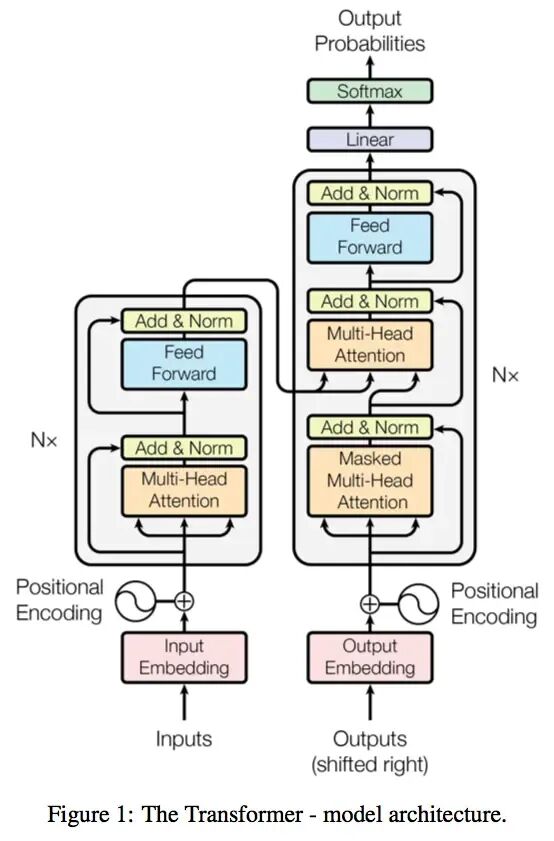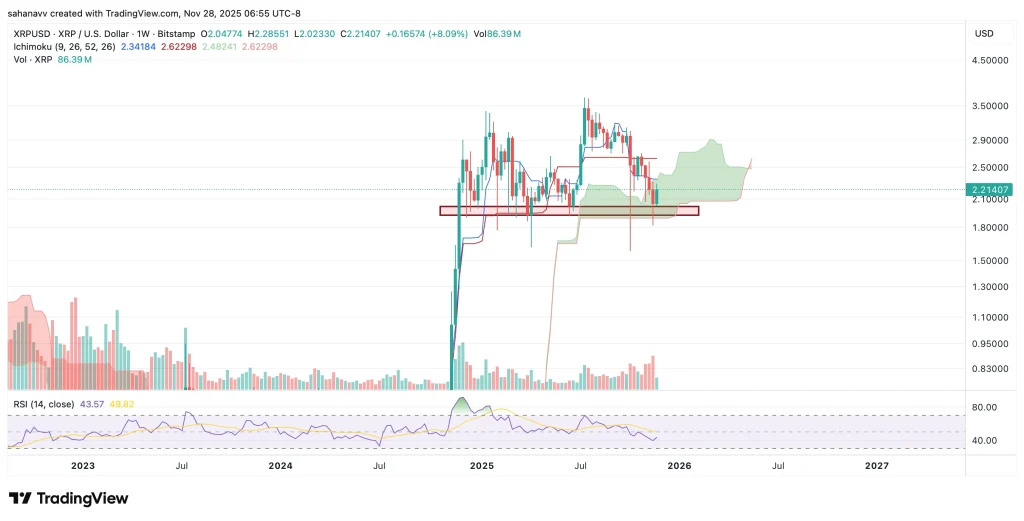SEC crypto regulation is shifting: SEC Chair Paul Atkins announced that “very few” tokens qualify as securities, aiming to reduce regulatory uncertainty and promote innovation while attracting institutional investment into U.S. digital assets.
-
This policy could reduce regulatory uncertainty and encourage institutional participation.
-
Atkins aims to promote innovation by clarifying which tokens are securities and which are not.
-
Most tokens are not categorized under securities regulations, signaling clearer rules for projects and investors.
SEC crypto regulation shifts as Paul Atkins clarifies most tokens are not securities, reducing uncertainty and attracting institutional capital. Read expert analysis and investor steps.
What did SEC Chair Paul Atkins announce about crypto tokens?
SEC crypto regulation now emphasizes that only a small subset of tokens will be treated as securities. Atkins said at the Wyoming Blockchain Symposium that regulators will focus enforcement on clearly fraudulent offerings and provide clearer rules to foster innovation and institutional participation.
How will this change affect institutional investment?
Clearer rules lower regulatory risk for institutional investors. Data from market reactions indicate increased interest in compliant U.S. projects after regulatory clarity. Investment flows historically respond positively when enforcement priorities and legal outcomes (for example, Ripple v. SEC as a reference point) reduce ambiguity.
Why does this matter for crypto projects and developers?
Front-loaded clarity enables projects to prioritize compliance and infrastructure. Projects focused on transparent token economics and robust governance can better access capital. This shift signals a potential increase in U.S.-based innovation and infrastructure investment.
Policy summary table
| Enforcement focus | Broad enforcement actions | Target clear fraud; limit securities classification to few tokens |
| Market impact | Higher regulatory uncertainty | Improved clarity; potential institutional inflows |
| Classification | Many tokens scrutinized | Most tokens not securities, per Atkins |
When did Atkins present this policy shift?
Atkins presented the position at the Wyoming Blockchain Symposium in August 2025. Publication and update dates are included below for transparency: published 2025-08-20; updated 2025-08-20. The remarks were part of a broader discussion on the digital finance revolution.
Frequently Asked Questions
Will this mean fewer enforcement actions by the SEC?
Not necessarily fewer actions overall, but more targeted enforcement. Atkins indicated the SEC will focus on clear fraud and securities-like misconduct, while clarifying boundaries for token classification to reduce overreach.
Does this change the outcome of the Ripple v. SEC case?
The Ripple case remains an important reference point but this policy shift is forward-looking: it reduces reliance on one case as a universal benchmark and emphasizes clearer guidelines for future token assessments.
How should projects respond to the new guidance?
Projects should review token economics, strengthen compliance documentation, engage legal counsel, and prioritize transparency to attract institutional partners under clearer regulatory expectations.
Key Takeaways
- Regulatory clarity: Atkins’ guidance reduces ambiguity around token classification.
- Market impact: Clearer rules can attract institutional capital and boost U.S. projects.
- Action for projects: Prioritize compliance, governance, and transparent disclosures to capitalize on improved market confidence.
Conclusion
Paul Atkins’ comments signal a pragmatic shift in SEC crypto regulation that emphasizes limited securities classification and clearer enforcement priorities. COINOTAG reports that this could restore investor confidence and accelerate institutional engagement in compliant U.S. digital asset projects. Monitor official SEC statements and legal guidance for updates and next steps.
Reported by COINOTAG. Sources referenced in reporting include SEC statements, remarks from the Wyoming Blockchain Symposium, and public developments in Ripple v. SEC (referenced as a regulatory landmark).



